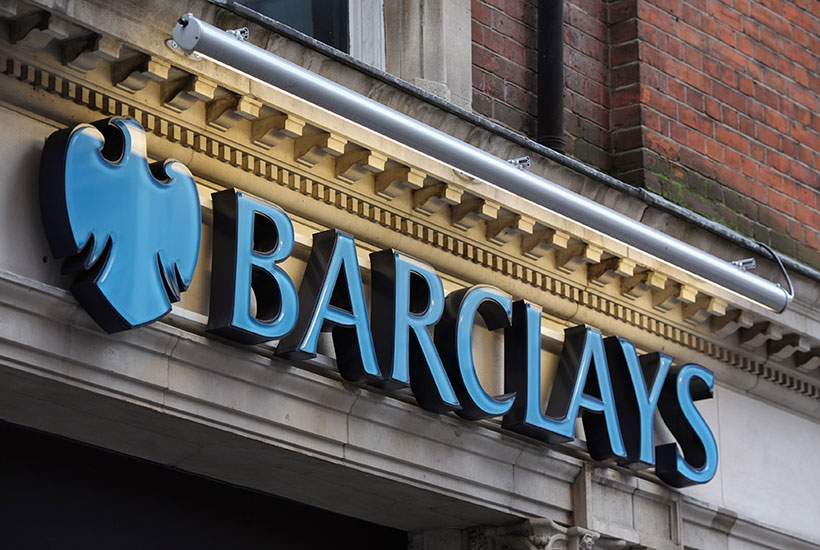After a dull interlude, the big banks in their annual results season look a bit more interesting again. First to report was Barclays, where pre-tax profits were up 25 per cent to £4.4 billion but attention focused, yet again, on Chief Executive Jes Staley, whose name rarely appears in print without ‘accident-prone’ attached to it. The trouble this time is his link to the late billionaire sex offender Jeffrey Epstein, who was Staley’s client at JP Morgan in his earlier career: under investigation is whether Staley was sufficiently ‘transparent’ with his board and regulators in declaring that relationship.
Staley survived previous embarrassments, including a £642,000 fine imposed by the Financial Conduct Authority for attempting to unmask a whistleblower, with the support of John McFarlane, the Barclays chairman who appointed him in 2015. But McFarlane has been succeeded by sharp-pencilled ex-Rothschilds director Nigel Higgins while the activist shareholder Edward Bramson is still agitating against Staley’s strategy, which includes maintaining a very expensive investment bank — and Barclays’ share price is still well below where it stood when Staley joined. One way or another, don’t be surprised to find him ‘stepping back’ in the manner of Prince Andrew.
Uncertainty and pain
Worse results from HSBC, which currently doesn’t have a chief executive at all — only caretaker Noel Quinn holding the fort since John Flint was ousted, after just 18 months, last year. HSBC’s board was said to be dithering over what to do next as it announced pre-tax profits down by a third and plans to cut 35,000, mostly in Europe and the US, of its 235,000 global workforce. We’re told that finding a new chief (or confirming Quinn) may take another ‘six to 12 months’.









Comments
Join the debate for just £1 a month
Be part of the conversation with other Spectator readers by getting your first three months for £3.
UNLOCK ACCESS Just £1 a monthAlready a subscriber? Log in